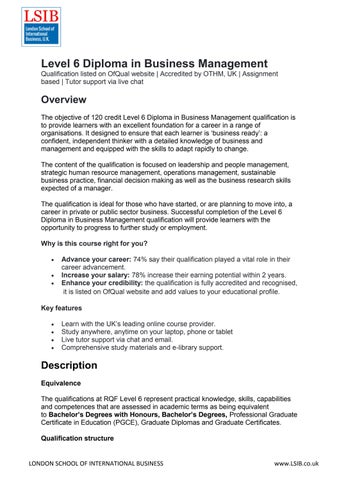
# Essential Insights Regarding a Graduate Certificate in Business Administration
A **graduate certificate in business administration** serves as a significant asset for professional growth and individual development. Often perceived as an intermediary option for those contemplating an MBA or wishing to enhance vital business abilities, this program provides a streamlined route to make notable progress in business management without requiring an extensive time investment. In this article, we will clarify what a graduate certificate entails, what knowledge you can expect to gain, and the advantages of obtaining one.
### Defining a Graduate Certificate in Business Administration
A **graduate certificate in business administration** represents a postgraduate certification that generally falls between an undergraduate credential and a comprehensive master’s program (like an MBA). It aims to equip professionals with fundamental business expertise that can either contribute toward an eventual MBA or assist them in broadening their skill sets for existing management and leadership positions.
This program is particularly suitable for professionals who:
– Seek management education but are not yet ready to pursue an MBA.
– Need to refresh their understanding of current business trends after a period away from formal education.
– Require flexibility, as many of these offerings are available both in-person and online.
Typically, graduate certificates are composed of four core modules. They are generally completed in six to eight months part-time, allowing participants to juggle studies with work and personal obligations.
### What Knowledge Will I Gain from a Graduate Certificate in Business Administration?
The fundamental curriculum in most **graduate certificate in business administration** programs addresses essential elements of business and management. While course offerings and contents may differ across institutions, most programs include four critical modules that aim to develop the skills necessary for understanding and leading in contemporary business settings.
#### 1. **Strategic Management and Business Policy**
This module examines how companies make pivotal strategic decisions that propel growth and sustainability. Participants will learn to:
– Analyze internal and external factors that impact business decision-making.
– Formulate strategic plans that align a company’s resources and ambitions with market prospects.
– Utilize theoretical management frameworks to address real-world business challenges.
Upon completion of this module, participants will possess the competencies to actively engage in an organization’s strategy formulation and execution, while being aware of the broader policies that affect business success.
#### 2. **Business Ethics and Sustainability**
In the modern business landscape, grasping ethics and sustainability has become increasingly vital. This module will explore:
– Ethical frameworks that guide business decision-making.
– Corporate social responsibility (CSR) approaches and their impact on local and global operations.
– How businesses reconcile profit generation with ethical responsibility and societal demands.
Through this exploration, participants will gain an understanding of the socio-cultural backdrop in which businesses function and the challenges they encounter concerning sustainability and ethics. Critical reasoning and problem-solving are heavily emphasized to navigate the intricacies of contemporary corporate governance.
#### 3. **Marketing Management**
Marketing is not solely the remit of the marketing department; every business leader must grasp its significance in business strategy. In this module, students will:
– Discover how marketing managers make strategic decisions that align the organization’s capabilities with market requirements.
– Investigate frameworks that aid in crafting effective marketing strategies.
– Review case studies to comprehend current marketing trends and their application within real-world scenarios.
By the end of the module, you’ll be better positioned to contribute to or even lead marketing initiatives that are in accord with organizational goals.
#### 4. **Financial Analysis**
Understanding financial data is essential in any management role. The financial analysis module aims to provide the foundational tools needed to:
– Interpret financial reports.
– Carry out credit analysis, financial forecasting, and business valuation.
– Assess potential mergers and acquisitions and their implications for a company’s growth strategies.
By mastering key financial analysis techniques, you’ll be prepared to make informed decisions regarding your organization’s financial performance.
### Which Skills Will I Acquire from a Graduate Certificate in Business Administration?
Pursuing a graduate certificate provides you with not only theoretical understanding but also the essential practical skills needed for any managerial position. Some primary skills you will refine during the program include:
– **Data Analysis**: You’ll acquire skills to analyze and decipher data to facilitate decision-making and effective strategizing.
– **Project Management**: Whether supervising minor tasks or large projects, you’ll learn to effectively manage resources, timelines, and teams.
– **Leadership**: The program will hone your ability to influence, inspire, and motivate teams toward achieving organizational goals.
– **Problem-Solving**: Addressing business challenges necessitates innovative and pragmatic solutions. You’ll be instructed to tackle problems systematically and generate workable solutions.
– **Communication**: Effective management entails excellent communication skills. The course will enhance your ability to articulate concepts, present business strategies, and engage with both internal and external stakeholders.
– **Financial Acumen**: Analyzing financial data (such as profit and loss statements, balance sheets, etc.) will become second nature, enabling you to make sound financial decisions.